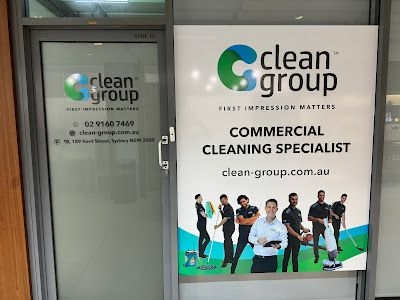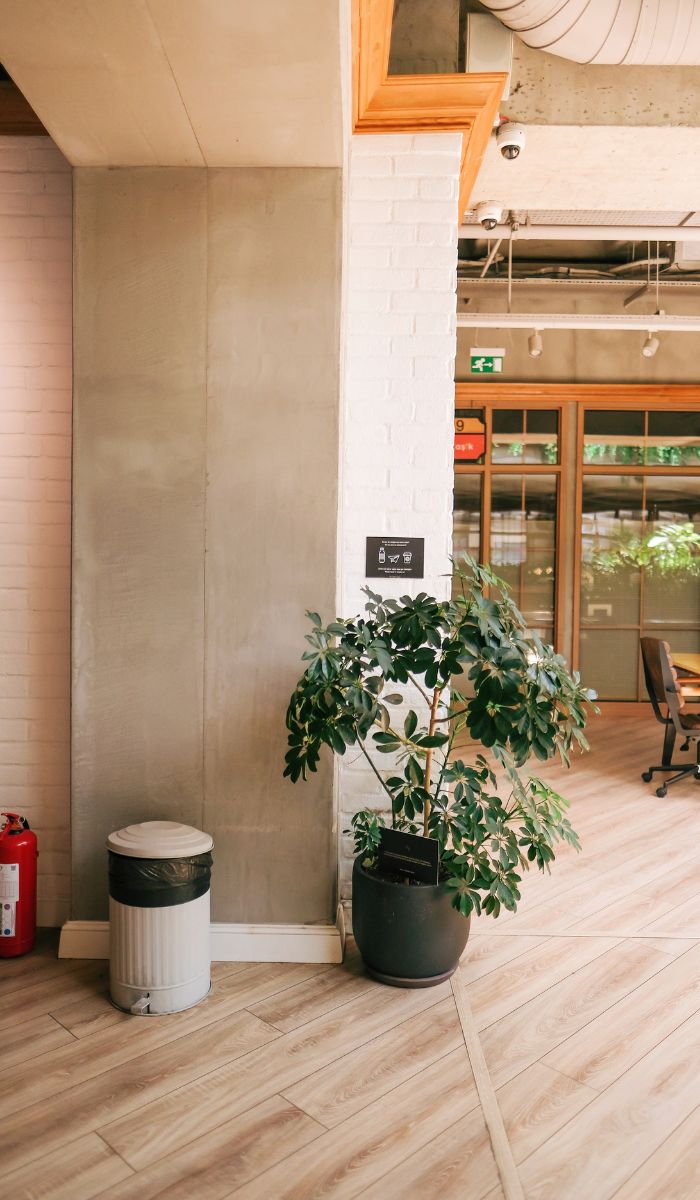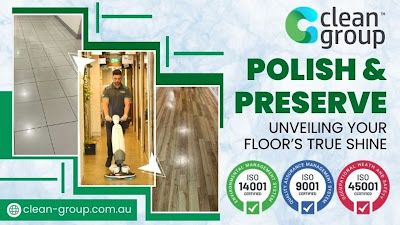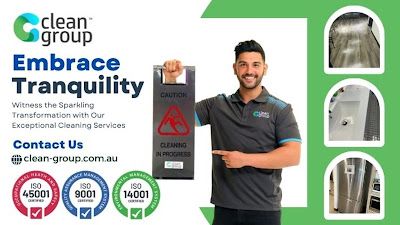
What the ISSA Cleaning Standards Mean for Your Business
How to Negotiate a Commercial Cleaning Contract
In addition to routine maintenance, commercial cleaning services are often called upon for emergency or one-time projects. Clean Group provides comprehensive and professional Commercial Cleaning Sydney across Sydney, NSW. Our fully insured, trained, and security-verified cleaners ensure your workplace stays spotless and hygienic. Schedule a free onsite quote today—book online or call us at 02 9160 7469. Get your obligation-free commercial cleaning estimate for offices, buildings, and other business spaces in Sydney.. These can include post-construction cleanups, water damage restoration, or deep cleans following a viral outbreak. Such projects require rapid mobilization, specialized equipment, and trained personnel who can work under pressure while maintaining safety and effectiveness. The ability to respond quickly to these situations adds significant value and reassures clients of the company's capability and professionalism.
The future of commercial cleaning also includes a shift toward more personalized customer service. With businesses becoming more customer-focused, there is an increasing demand for cleaning companies that can tailor their services to the specific needs of each client. Whether it's adjusting the cleaning schedule to accommodate business hours or offering specialized cleaning for unique facilities, cleaning companies are now providing more flexible and customized solutions. As customer expectations continue to evolve, businesses will expect their cleaning providers to be responsive, communicative, and adaptable, which will drive further innovation in the industry.


